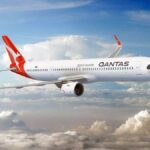
Virgin Australia: New bidder! Have they missed the deadline?
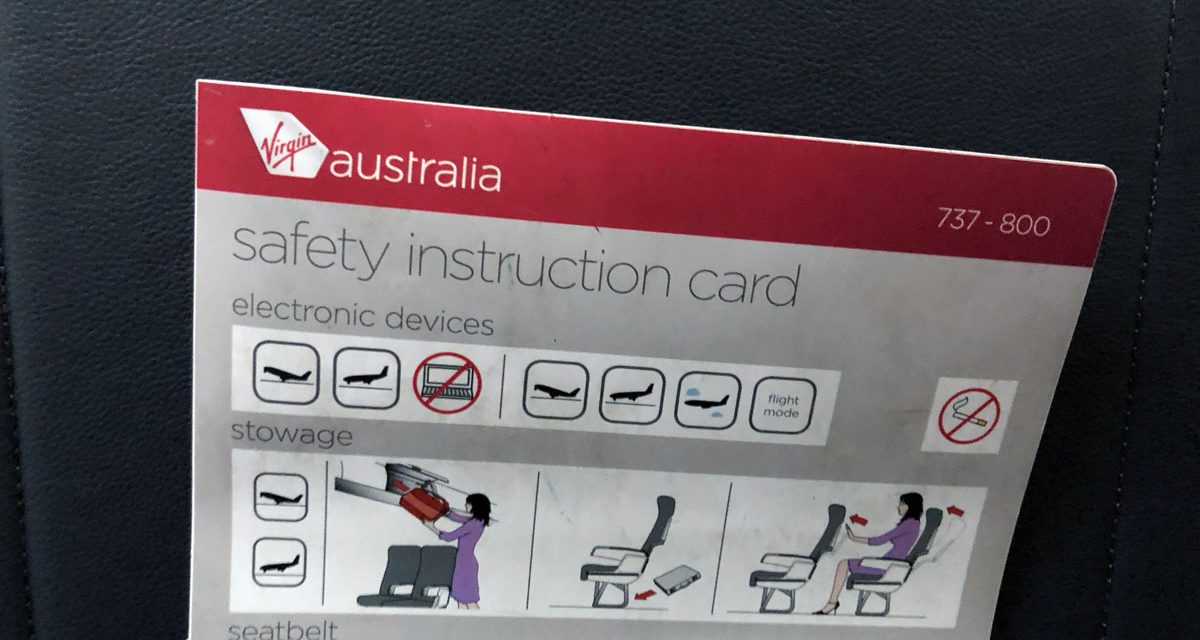
The SMH and the AFR are reporting that Brookfield, Canadian based asset manager, previously in the race, and then out because they couldn’t get enough information and the process was paced too fast, have apparently entered a very late bid – a couple of days before the administrator Deloitte is going to bring the shortlist down from 4 to 2.
Background
Brookfield walked away from the process before the end of the last round requiring indicative bids, claiming they were not confident Virgin Australia could last with its current funding until the purchase deal was approved by creditors in August. It also felt the administrators were not making sufficient information available to them prior to their indicative bid, and I think there was some argy-bargy over a confidentiality agreement.
Where does this leave the bids and the process
Deloitte is going to have to decide whether they will admit the late bid, and the other bidders will be weighing the pros and cons of legal action. Cue lawyers feeding frenzy.
It’s reported that Brookfield is the favourite of the unions representing Virgin Australia employees. Brookfield is seen to have a track record of sticking with its investments for the long haul, instead of the ‘churn and burn’ reputations of some other investors.
We don’t know what their approach to managing the airline will be, but I speculate it is towards the maintain it as a full-service airline, as this is the most likely approach to gain union support. We do know that Cyrus Capital has a similar view, while Bain, through its CEO’s BOSS profile, has indicated a more likely return to the Virgin Blue – low-cost model.
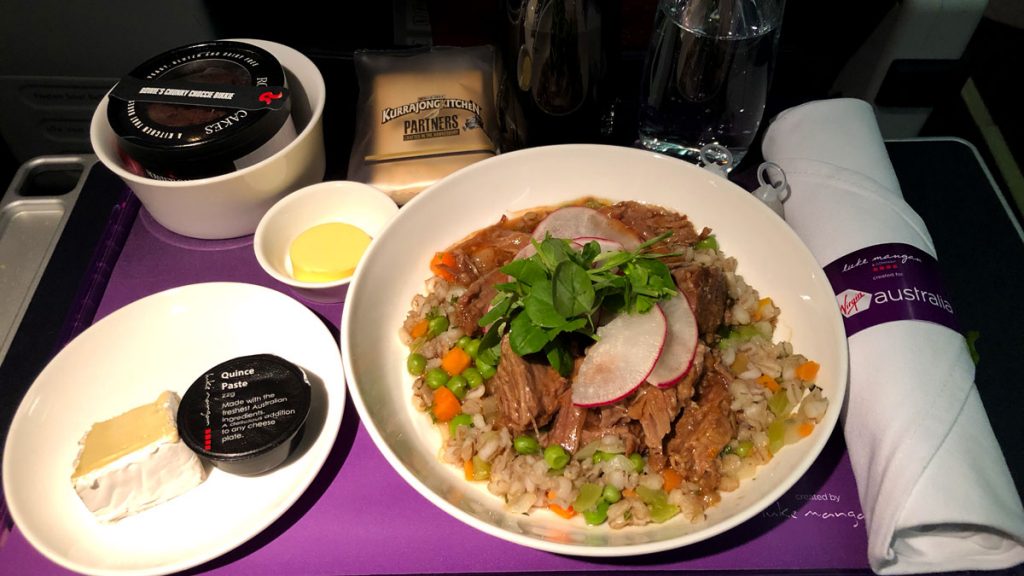
2PAXfly Takeout
This is another timely reminder to wear your seatbelt when seated. Holding you close to your seat will protect you from the sort of injuries sustained on this flight, when unsecured passengers flew to the ceiling of the aircraft, and then came crashing down once the ‘drop’ ceased.
The hope will be that this is an anomaly – a ‘freak accident’ in casual parlance. If it is a systemic error either mechanical or electronic, then this is a larger concern for the airlines that fly Boeing Dreamliner 787 aircraft. Let’s hope it isn’t. If it is, it will pile on the woes to Boeing’s existing stack.
Hold onto your hats boys and girls. This Virgin Australia ride just hit its first pile of turbulence. Probably not the last, either.

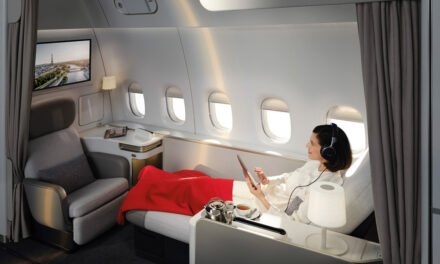
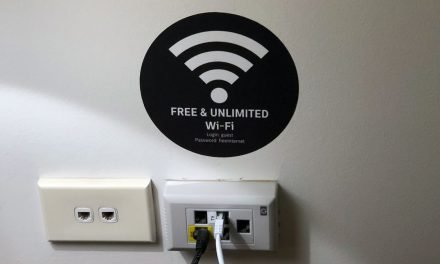
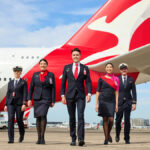
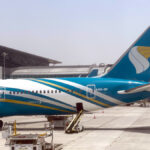

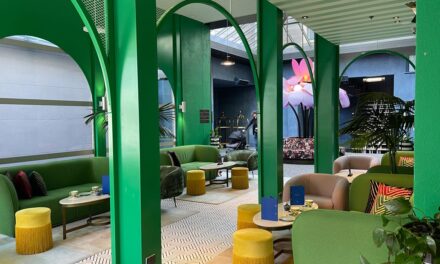
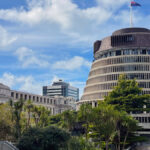

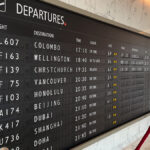
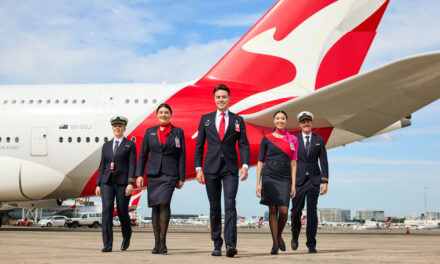
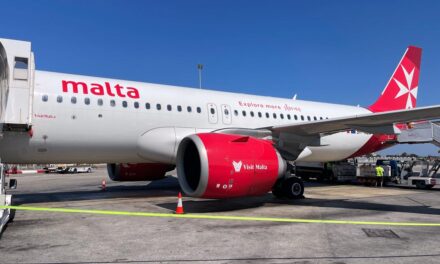
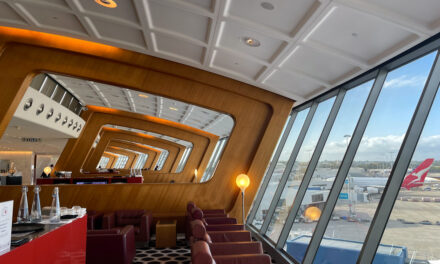
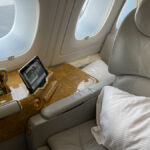
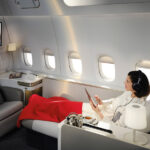
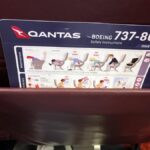
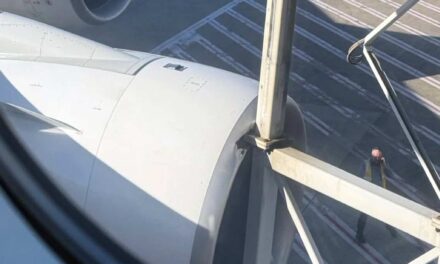


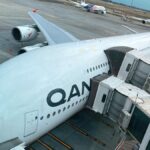
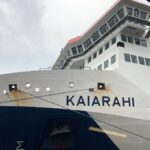
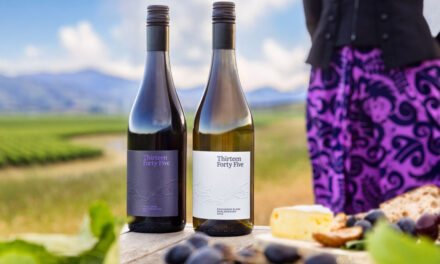
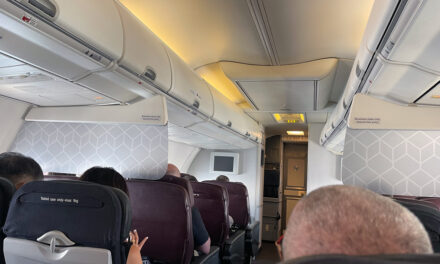



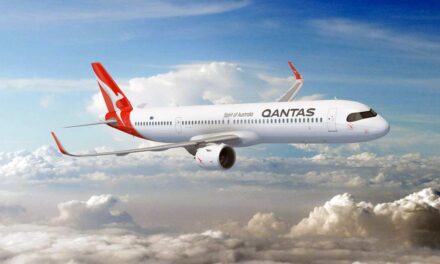

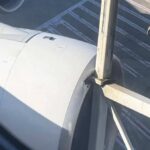
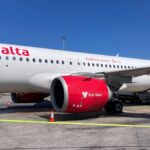


What did you say?